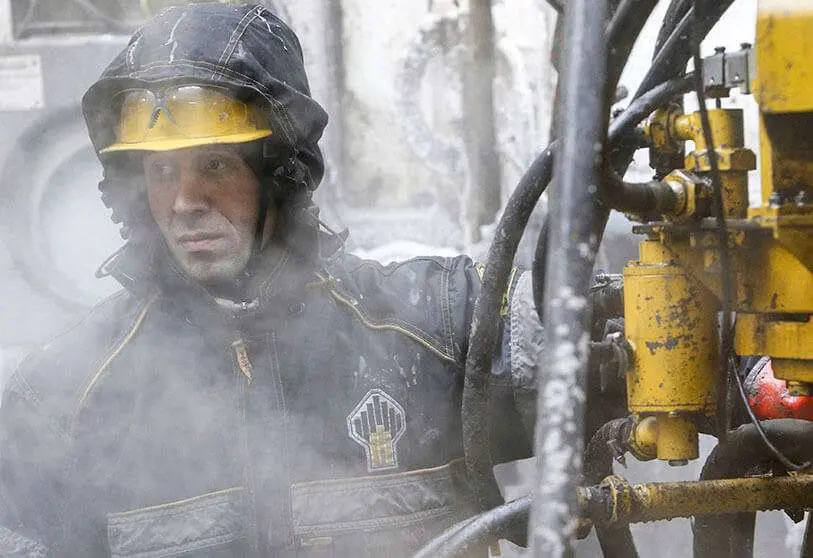Low oil prices pressure Russian economy

Crédito y Caución forecasts that the Russian economy will contract by 6.3% in 2020, due to the effect of the social distancing measures associated with the coronavirus and the fall in oil prices. In 2021, the credit insurer expects a 3.3% rebound. Both the decline in oil prices and the reduction in demand for oil will hit the Russian economy hard. Oil and gas sales account for 55% of Russian exports and about 40% of federal government revenues. Following the price war between Saudi Arabia and Russia, which led to a drop in prices to below $20 per barrel, OPEC and Russia agreed in April to reduce production by 9.7 million barrels per day. As a result of this agreement, Russia is expected to lose between $150 and $160 billion in export earnings in 2020. The average price of a barrel of oil in 2020 is below the 45 dollars Russia requires for its long-term fiscal sustainability.
The Russian banking sector is under pressure due to the economic recession, which is weighing heavily on profitability and asset quality. The default rate is high at 9.4% and is likely to rise further as households and businesses face increasing difficulties in paying their debts. Physical distancing measures have gradually eased since mid-May, following a seven-week lock-in period. However, forecasts for 2020 point to falls in private consumption (5%), investment (13%), exports (11%) and imports (23%). In order to combat the recession, the government approved $72 billion in stimulus measures in June following the first $40 million package in March. Russia's budget balance will go from a surplus of 2.2% in 2019 to a deficit of 5.2% in 2020.
The medium-term outlook for achieving higher and sustainable growth rates remains poor. International sanctions will depress foreign direct investment inflows in the coming years. Structural weaknesses such as a shrinking labour force, dependence on natural resource sectors and low productivity growth will continue to weigh on growth. Russia's business climate is uncertain in terms of property rights, weak transport infrastructure and lack of competition in the markets for goods and services. Even before the outbreak of the Ukrainian crisis, foreign direct investment was limited due to an unfavourable business climate and strong state control over much of the economy. This is now exacerbated by international sanctions imposed by the European Union and the United States which aim to prevent technology transfers and financing to Russian companies, especially in the energy and military sectors.








